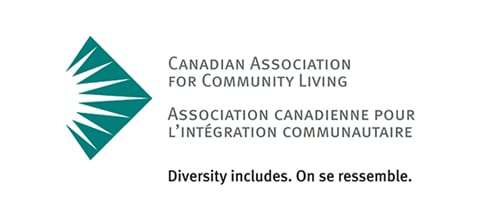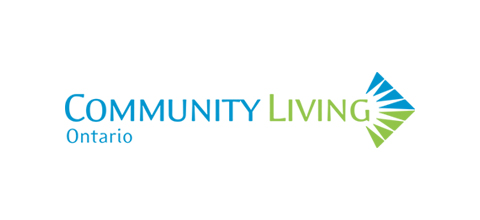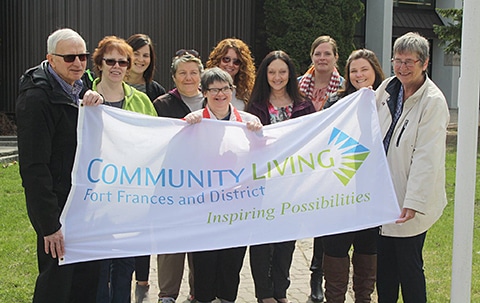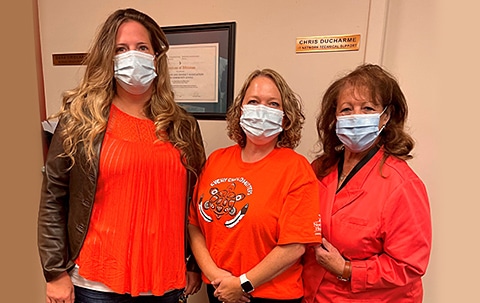Who We Are
About Community Living Fort Frances District
The organization was founded families and interested community members in 1959 and was incorporated in April 1965 with a broad mandate to ensure that all pathways to being successful in life would be supported for personal goal achievement for adults with an intellectual disability.
Incorporation opened the door for access to funding to support the mission and goals of Community Living Fort Frances and District. The implementation of formalized supports and services began and have progressed as the needs, specific goals and dreams and expectations of people supported change.
Community Living Fort Frances and District provides a wide range of services for individuals with intellectual disabilities within the Town of Fort Frances and throughout the Rainy River District. Our services for the community include: 24-hour support care, supported independent living, supported employment, transitional services, and ongoing courses and workshops though our clinical access coordination.
We involve ourselves in the community through various events such as the Christmas and Canada Day parades, helping with Best Buddies through the high school, movie and bowling nights, and several fundraisers held throughout the year. Our doors are also always open to volunteers.
CLFFD is proud to serve its members in any way it can and hopes to see even more community involvement and inclusion in the future.

Mission
To ensure that all people live in a state of dignity, sharing and participating in all elements of living in the community.
Vision
Our vision is to provide quality services and supports to confirm this quality by becoming an accredited organization. We strive to help individuals achieve their personal outcomes to live and participate in a respectful, meaningful and fulfilling manner.
- Provide quality services and supports to confirm this quality by becoming an accredited organization.
- Help individuals achieve outcomes related to identity, autonomy, affiliation, attainment, safeguards, rights, and health and wellness.
- Engage families and advocates, recognizing that there are limits to the supports the Association can offer.
- Encourage families to make a commitment to the Association.
- Collaborate with other community organizations.
Organizing Principles
- All persons are entitled to respect and dignity.
- Create yearly action plans to guide staff actions. Ensure they are implemented. Plans must be clearly stated and identify who is responsible.
- Communicate clearly and effectively.
- Demonstrate appreciation and respect for all.
- Emphasize facilitative role for staff.
- Promote personal growth and development.
Affiliation


Community Living Fort Frances and District is an affiliate association of Community Living Ontario. Community Living Ontario and the local Community Living associations are also part of the Canadian Association for Community Living.
Community Living Ontario was started in 1953. It began with families who wanted the right for their children who had an intellectual disability to attend neighbourhood schools. Since then, the organization’s size and focus have increased considerably and it now works with communities to include people with an intellectual disability in all aspects of community life.


Founded in 1958, the Canadian Association for Community Living is a national federation of over 40,000 individual members, 400 local associations, and 13 Provincial/Territorial Associations for Community Living. CACL has its roots in parents coming together to seek better lives for their sons and daughters with intellectual disabilities. The grassroots networks of family organizations began in the 1930s in Montreal, and later in Saskatchewan and Ontario. Gradually, parents formed local associations and then provincial associations to advocate with governments and coordinate efforts across communities. In 1958, provincial associations formed a national association to bring a national voice to their concerns. Over the years, the Association shifted its thinking about intellectual disability – and began to see the core issues affecting people with intellectual disabilities as basic equality, respect, dignity and human rights.


















